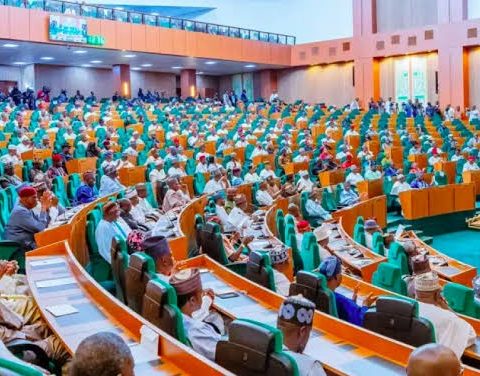After nine years of operation, the United Nations has discontinued its Humanitarian Air Service(UNHAS) in northeastern Nigeria, citing a serious funding shortfall of about $5.4 million.
This may potentially isolate millions of vulnerable individuals in one of Africa’s most protracted humanitarian crises.
Join our WhatsApp ChannelThe World Food Programme’s (WFP) service provided a lifeline for humanitarian workers and relief supplies seeking to reach conflict-torn Borno and Yobe states, where instability and inadequate infrastructure make road travel dangerous.
The end of the operation in Nigeria has raised concerns about a worsening humanitarian crisis in the region.
“UNHAS cannot continue without funding. $5.4m is needed to remain operational for the next six months,” U.N. spokesperson Stéphane Dujarric stated while addressing newsmen in New York.
“Without this funding, the humanitarian response in northeast Nigeria risks being cut off from the very people it is meant to serve.”
For nine years, the service transported aid personnel, medical supplies, and emergency cargo directly into the epicenter of Nigeria’s humanitarian crisis.
Margot van der Velden, WFP’s regional director for West and Central Africa, explained that the financial hardship is part of a larger financing crisis affecting the agency’s activities throughout the region.
“The agency urgently requires $5.4m just to sustain food and nutrition operations in Nigeria for the next six months,” Velden stated.
In July, the World Food Programme warned that it could be forced to cease emergency food and nutrition assistance for 1.3 million people in northeast Nigeria unless new donor contributions were received.
READ ALSO: UN Humanitarian Air Service Ends Operations in Nigeria Due to Funding Shortage
That warning is now closer to becoming a reality, with humanitarian workers concerned that the air service stoppage will drastically impede access to already vulnerable populations.
Despite providing help to 3.6 million people in northeast Nigeria by 2023, humanitarian organizations believe demands continue to outstrip resources. More than 8 million people in the region are expected to require humanitarian assistance this year owing to continuous war, displacement, and food scarcity.
Humanitarian players warn that resuming UNHAS might lead to dangerous delays in aid distribution, endangering lives and increasing insecurity for relief workers who rely on unsafe road travel.
Meanwhile, the United Nations has issued a new appeal to foreign donors to rapidly bridge the $5.4 million gap needed to restart aviation operations and protect humanitarian access in Nigeria’s northeast.











